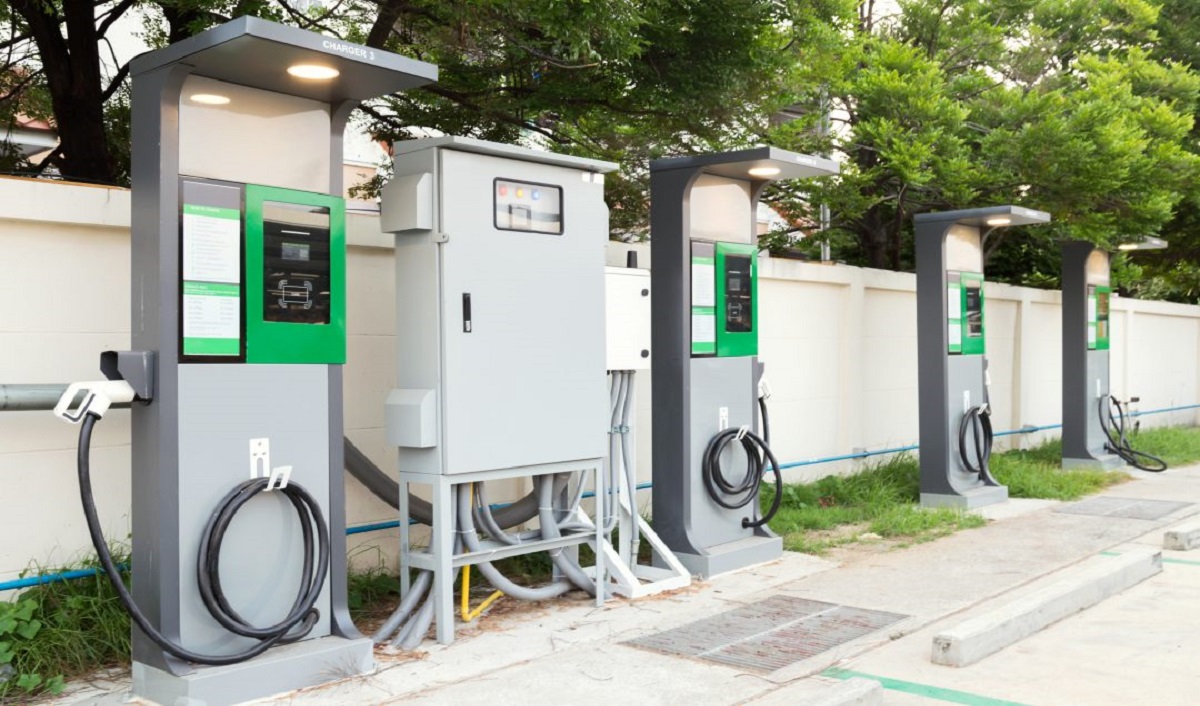Uttar Pradesh is preparing to introduce a “right-of-use” policy, compelling state departments, development authorities, and civic bodies to lease their unused land for EV charging infrastructure. The move marks a crucial step in bridging the gap between rapid EV adoption—exceeding 12.5 lakh registered vehicles—and the current shortfall of charging stations.
Officials from the renewable energy department have highlighted that the absence of available land is a major impediment for private developers aiming to roll out charging stations. The forthcoming state cabinet approval will mandate government bodies to release vacant land for this purpose, helping create a comprehensive charging network in urban centres, along highways, and around industrial corridors. National policy mandates installing charging stations every 1 km in cities, every 20 km on highways, and fast-charging nodes every 100 km for heavy vehicles. Under the proposed model, land-owning agencies would earn ₹1 per kWh of electricity consumed—providing a steady revenue stream over a 10-year term—while private firms bear the capital expenditure.
Concurrently, Uttar Pradesh Power Corporation Limited has announced the creation of Uttar Pradesh Renewable and EV Infrastructure Ltd to spearhead charging infrastructure deployment, especially across highways, urban areas, and industrial zones. Earlier reforms also widened EV subsidies to include upstream infrastructure installation—such as civil works, transformers, and cabling—covering up to 20% of investment or ₹10 lakh per unit, significantly easing upfront costs. Experts note that combining land access with financial incentives addresses two major barriers for EV charging expansion. By integrating underused government land into green infrastructure and promoting private investment, the state is pursuing a low-carbon, sustainable transport trajectory. Urban planning analysts say the move sets a strong precedent for equitable charging access, particularly in high-density cities where space is at a premium.
As UP positions itself as a national EV hub—with ambitions to grow registered EVs tenfold by 2030 and electrify government fleets—success hinges on prompt cabinet clearance and effective coordination across agencies. The challenge remains to allocate land, fast-track fire and grid clearances, and create seamless integration into the public landscape. Ultimately, the policy could be a pivotal enabler, weaving EV charging into the urban and highway fabric while fostering climate-friendly mobility across the state.
Also Read : BMC Declares Ghatkopar School Unsafe Prompting Parents to Move Children Themselves


